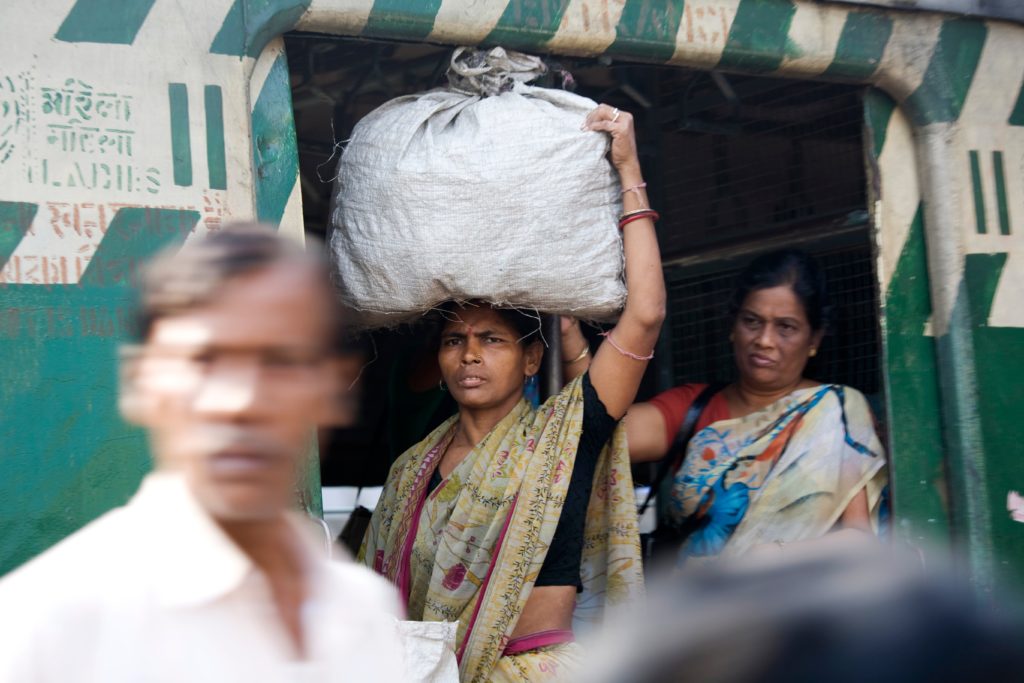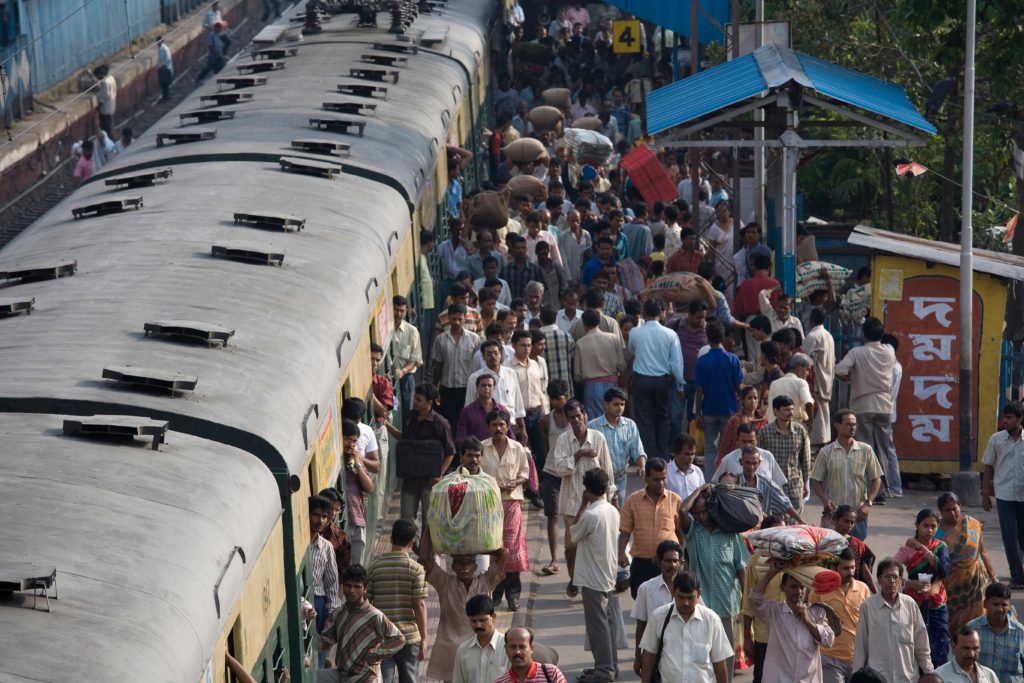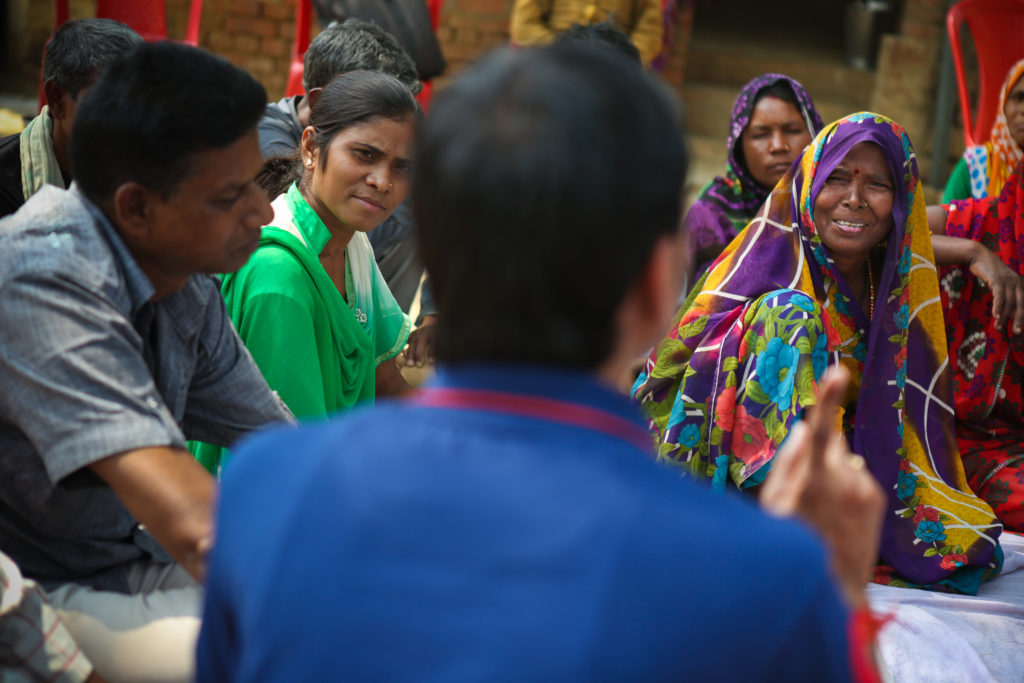What happens when the promise of a better tomorrow suddenly becomes a nightmare?
The transatlantic slave trade was the largest forced migration in history. For more than four centuries, Africans were kidnapped, sold to slave traders, and forced onto slave ships during the legal slave trade to support the economies of Europe, the Middle East and the Americas.
In current times, slave traders pose as legitimate job recruiters. They trick migrants to leave home in search of better lives, only to trap them in forced labor once they are far from their families and legal support.
Seema and Kamala are survivors of human trafficking and modern slavery. They are now advocates for safer migration policies in Nepal, and protect other women from falling prey to traffickers. They sought jobs overseas, with the hope of improving their financial situation—and were trafficked into slavery by their aunt. Their hopes and dreams were dashed when they got to Kuwait and realized they have been tricked. They worked as domestic workers for two years, working backbreaking hours for no pay and suffered dehumanizing abuse. Finally freed, these courageous women now help save others from the same awful fate.

For job-seeking low-skilled migrant workers from India and Bangladesh, Gulf Region countries have long been a top destination. Historically, low-skilled labor migration from India and Bangladesh to the Gulf countries has been facilitated by a largely informal and underregulated recruitment industry. What starts as an exciting train trip to build a better life often ends in brutal exploitation.
The Middle East and Persian Gulf Regions, once hot spots of historical slavery, are back in the spotlight. Migrants from around the world travel to the Gulf for work, especially from India. They are frequently treated as an underclass, trapped in modern forms of slavery– in part, because of their racial or ethnic origins.
Give Now to End the Brutal Exploitation of Migrant Workers.
They are forced to work up to 16 hours a day with no earnings, and are often subjected to inhumane treatment, forced sexual relations and other exploitative conditions.

Can you imagine leaving home for greener pastures only to end up in forced labor?
Unsafe migration is a key condition that allows modern slavery to exist. Working to end this modern slave trade is a major focus of our work in India and the Middle East. Our project promotes safe and fair labor migration from India to the Gulf Cooperation Council states to build civil society capacity and coordination in both sending and receiving countries.
When you donate today, you are protecting migrant’s rights and their access to decent job opportunities.
With your support, Free the Slaves will promote education, fair recruitment, safe migration and decent paying work. Free the Slaves is working closely with our long-standing grassroots partner, MSEMVS, to lead community-based engagement.

Our educators and mobilizers are working with community vigilance committees to enhance their capacity, strengthen coordination, promote sustained engagement on migration, responsible recruitment, the protection of migrant rights, and support returnees.
Modern slavery and human trafficking rob people of their dignity, dreams and basic rights. But, with your support, we can change that. Join us in making a difference between slavery and freedom. Thank you for promoting dignity, equality and justice.




